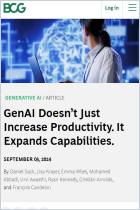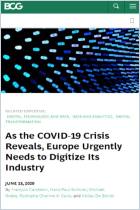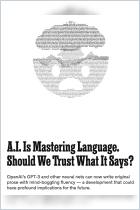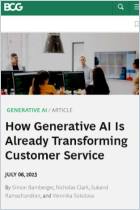
What ChatGPT Reveals About the Urgent Need for Responsible AI
As Generative AI democratizes adoption, new challenges loom for organizations.
Recommendation
Don’t let fear of the unknown keep you from implementing generative AI for your company’s deliverables, but do implement AI responsibly, and aim to do so early: The Boston Consulting Group has found that the average RAI (responsible artificial intelligence) program takes three years to mature. In this special report, the Boston Consulting Group’s Henderson Institute lays out actionable steps – including implementing insurance policies and red-teaming processes – for adopting AI responsibly.
Summary
About the Authors
François Candelon is the global director at the BCG Henderson Institute. Abhishek Gupta is a fellow for Boston Consulting Group’s Augmented Collective Intelligence program, Steven D. Mills is the chief AI ethics officer at the BCG, and Leonid Zhukov is a partner and the associate director of data science at the BCG.





























Comment on this summary